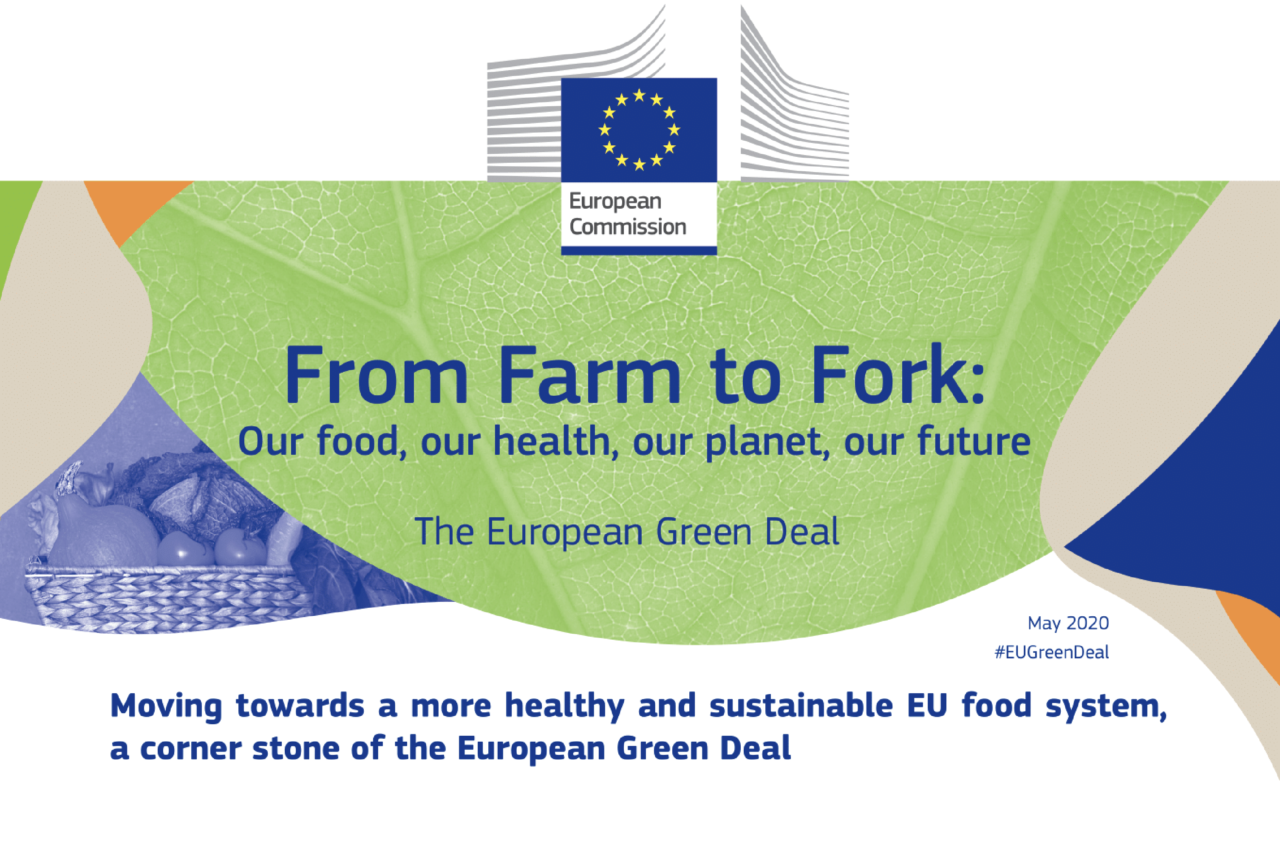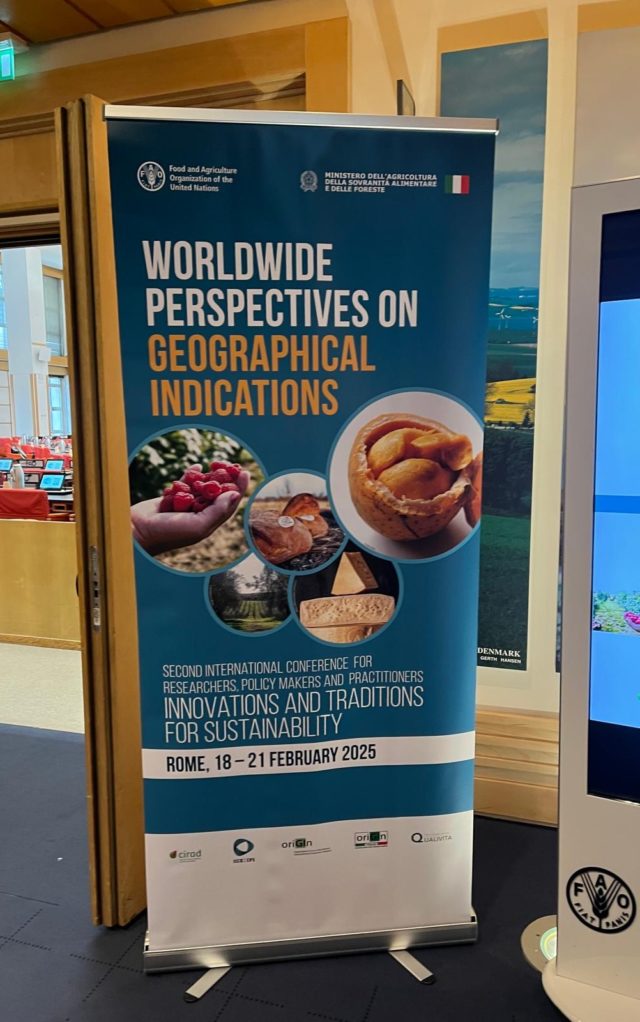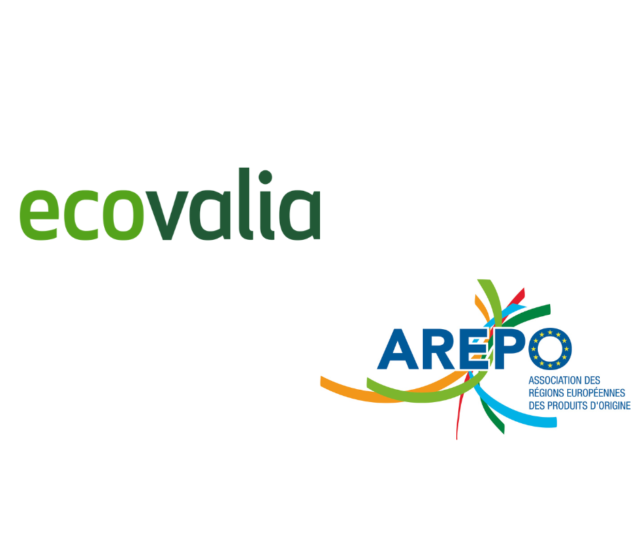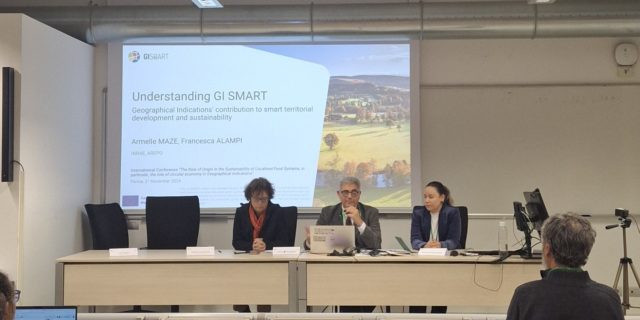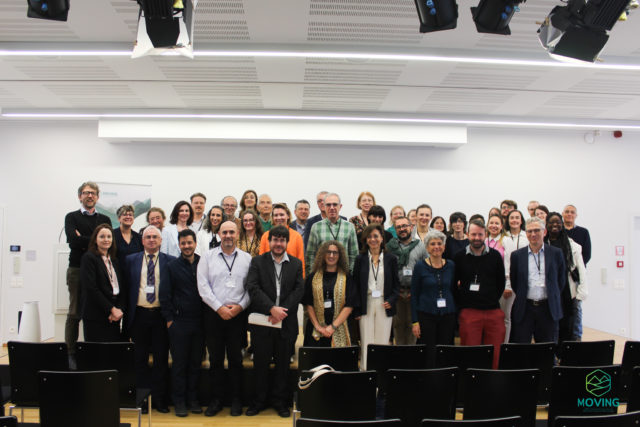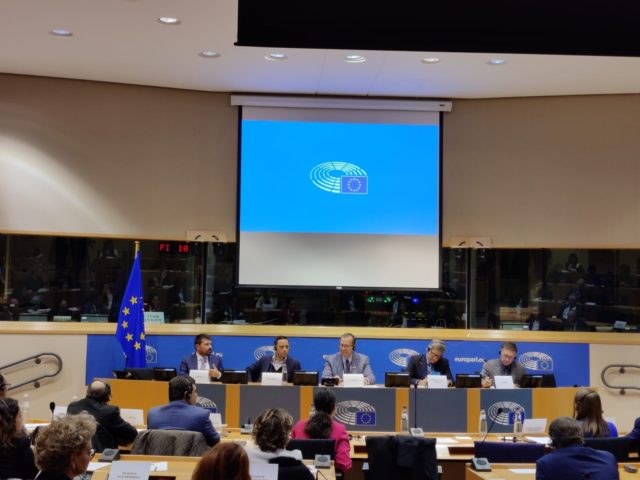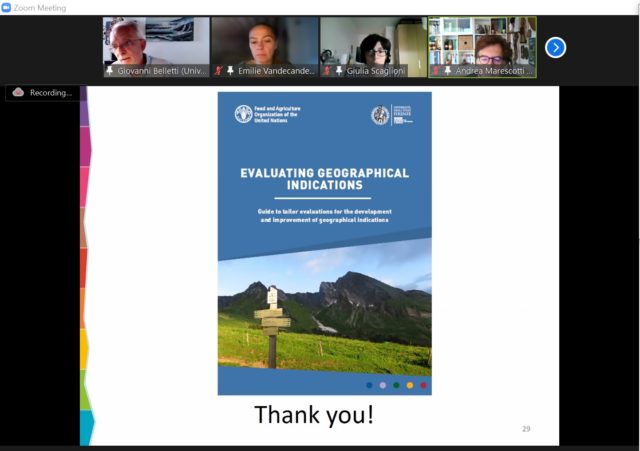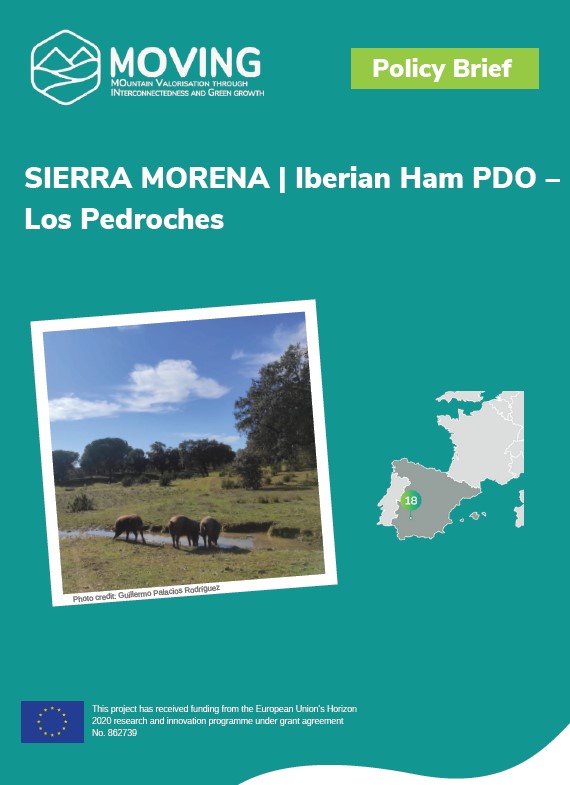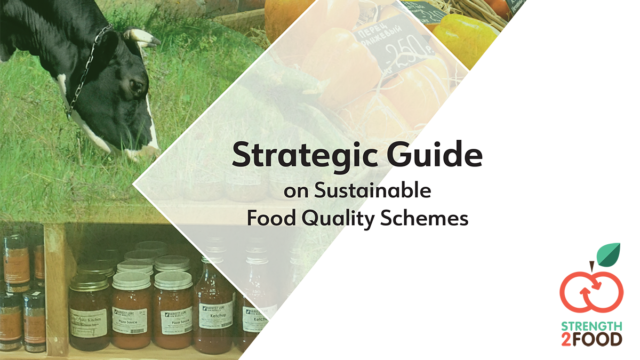The Farm to Fork strategy is the European roadmap to address the challenge of designing a fair, healthy and environmentally-friendly food system. Since it should set out the regulatory and non-regulatory measures needed to achieve this goal, several actions proposed by the Commission under this framework directly interest the EU quality schemes.
Introduction
The European Green Deal sets for the Farm to Fork strategy the task of designing a fair, healthy and environmentally-friendly food system, with the ambition to “make European food […] the global standard for sustainability”.
On May 20th 2020, the Commission published the Communication and the Action Plan of the Farm to Fork strategy, setting objectives and targets to be reached by 2030:
Specific objectives
- Ensuring sustainable food production
- Ensuring food security
- Stimulating sustainable food processing, wholesale, retail, hospitality and food services practices
- Promoting sustainable food consumption and facilitating the shift to healthy, sustainable diets
- Reducing food loss and waste
- Combating food fraud along the food supply chain
Targets for 2030
- Reduction by 50% of the use and risk of chemical pesticides
- Reduction by 50% of the use of more hazardous pesticides
- Reduction of nutrient losses by at least 50%
- Reduction of the use of fertilisers by at least 20%
- Reduction by 50% of the sales of antimicrobials for farmed animals and in aquaculture
- Reaching 25% of agricultural land under organic farming by 2030
New policies & enforcement of existing legislation
In order to achieves these objectives and realise these targets the Farm to Fork strategy involves a new set of policy initiatives, as well as the enforcement of existing legislation, notably for animal welfare, pesticide use and protecting the environment legislation.
In particular, the Commission will make a legislative proposal for a framework for a sustainable food system before the end of 2023.
The framework will contain common definitions and general principles and requirements for sustainable food systems and foods. Furthermore, it will address the responsibilities of all actors in the food system.
Among the actions the European Commission intends to set forth within the Farm to Fork strategy, some are geared to the overall Commission’s priority of strengthening the system of EU Geographical Indications.
More information
Since the strategy should set out the regulatory and non-regulatory measures needed to designing a fair, healthy and environmentally-friendly food system, several actions proposed by the Commission under this framework directly interest the EU quality schemes as well as other AREPO working areas.
- Geographical Indications: the Commission will strengthen the legislative framework on GIs and, where appropriate, include specific sustainability criteria. Read more
- Promotion policy: the review of the policy should focus on enhancing its contribution to sustainable production and consumption, in line with evolving diets (action 24). Read more
- Harmonised mandatory front of pack nutrition labelling: the EC should publish a proposal by the end of 2022 (action 20).
- Origin indication: the EC will work on a proposal to extend the scope of mandatory origin indication (action 21).
- Other food labelling initiatives: the EC will consider options for animal welfare labelling (action 7) and will examine ways to harmonise voluntary green claims and to create a sustainable food labelling framework that covers the nutritional, climate, environmental and social aspects of food products (action 23).
- Organic farming: the Commission set as target to achieve at least 25% of the EU’s agricultural land under organic farming by 2030. In addition to CAP measures, the Commission will put forward an Action Plan on organic farming to stimulate both supply and demand for organic products, through promotion campaigns and green public procurement. Read more
- Nutrient profiles: The Commission will also seek opportunities to facilitate the shift to healthier diets and stimulate product reformulation (action 15), including by setting up nutrient profiles to restrict the promotion (via nutrition or health claims) of foods high in fat, sugars and salt (action 16).
- Sustainable food procurements: the Commission will determine the best modalities for setting minimum mandatory criteria for sustainable food procurement (action 22).
- Combating food fraud along the food supply chain: the EC will enhance coordination to enforce single market rules and tackle Food Fraud, including by considering a reinforced use of OLAF’s investigative capacities (action 19).

